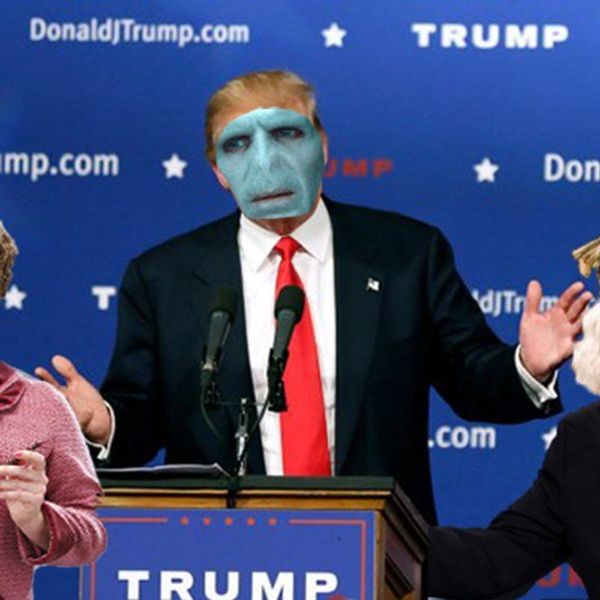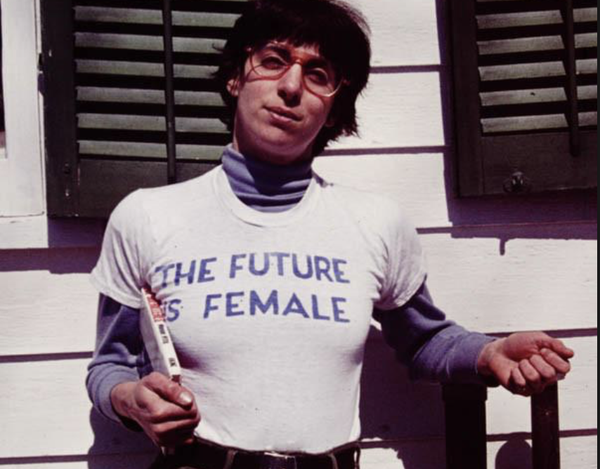Former Speaker of the House John Boehner announced recently that his stance on Marijuana Legislation “has evolved,” according to a New York Times article available here. This is surprising but great news for liberals and Cannabis enthusiasts alike as it seems there has been a trend in more traditionally conservative or right leaning politicians to be canibus positive. This is important because it is turning a more liberal issue into something more partisan making legalization have a higher chance to pass on the floor statewide or even federally.
A lot of change in right wing stances comes from the fiscal value that the plant can in the amount of money the cannabis industry can bring to a state. States that already have legalized the drug have generated a huge profit from companies sprouting, to the rise of tourism, and even people moving to the states in the interest of their lifestyle.
However, a question brought up by more left wing voters is what happens to the people charged of crimes related to marijuana? In the United States, over half of the drug busts are marijuana related, according to the ACLU, with 8.2 million arrests associated with Marijuana taking place between 2000 and 2010. Of that 8.2 million, 88% were just marijuana possession alone. Not selling. Not trafficking. Simply having marijuana on them. Not to mention a lot of the arrests have severe racial bias. Black Americans are more than three times as likely to be arrested for Marijuana than white americans. According to Drugpolicy.org, of the people who are incarcerated in the prison system for drug offenses, 57 percent are black or latino even though they sell drugs at the same rate as white people.
While there are eight states so far who have chosen to legalize marijuana and twenty-two states that have decriminalized marijuana, there are still thousands of people in prisons for Cannabis related crimes as well as thousands of people who have felonies related to marijuana offenses that stay on their record and prevent them from being able to get jobs that restrict hiring felons.
The issue is that it is very unlikely that a conservative politician who accepts legalization on the stance that it will bring profit to their state will actually consider the impact the War on Drugs has had on it’s citizen, primarily those who are persons of color. It’s important that liberal politicians and voters pay attention to this while pushing for legalization as not doing so is marginalizing and entire group of people who were targets of Cannabis demonization in the first place. You can read about that in this article.
Luckily, California is a state that has taken this into consideration. In November of 2016, they passed Prop. 64 for marijuana legalization and in it they also included rights for those incarcerated on marijuana related crimes to petition for reduced or dismissed convictions. This is a huge step and hopefully other states will follow suite when writing new marijuana legalization laws.
Currently there are a few states that are looking into potential legalization, Illinois being one of them. Ideally, politicians will advocate to include similar rights for the incarcerated. The important thing however, is that politicians know this is important to their citizens so that they can help release those who didn’t deserve to have their lives changed forever by the prison system while some profit from their crime.



















